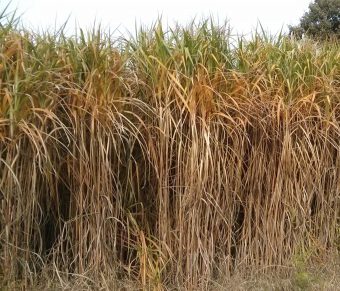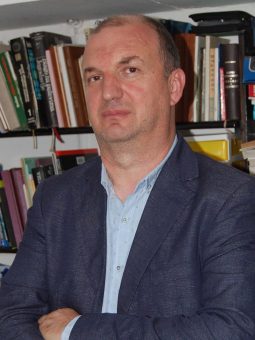
At the end of the 1980s in Paracin, the local Ecological Movement and the Young Researchers division were established thanks to liberal ideas of the youth organisation of that time. These were the first steps towards the initiation of the environmental protection conception in Pomoravlje region. Apart from the local topics regarding the conservation of nature, the same group of enthusiasts copied and printed the first environmentally friendly poster. They also organised the national Antinuclear Caricature Competition as part of the moratorium campaign against the construction of nuclear power plants in former Yugoslavia. Among these fighters for the protection of the natural environment was Vladimir Jankovic, the advocate for sustainable development and the founder of the civil society organisation (CSO) UNECOOP, who is now trying to ensure that as many citizens as possible learn about the importance of sustainable management of natural resources.

There are four centres within UNECOOP: alternative energy and energy efficiency centre, green building centre, rural development centre and waste management centre. Starting from the UNECOOP engagement in promoting new standards and best practices, Vladimir says that they are also trying to support locally the introduction of measures to improve energy management and energy efficiency. “We actively participate in the preparation of action documents, training and project implementation. Bearing in mind the limited capacities of the local administration, we think that it is possible to raise the partnership level which would result in the assignment of certain tasks to the public sector. It is known that CSOs in many countries act as service providers for the public sector. In this way, it would improve the quality of work the local government provides and it would make the foundation for the institutional sustainability of the CSOs, “Vladimir says.
Achieving the ecological balance at the local and national level is a very demanding and long-term process. The situation in Pomoravlje reflects the general situation in the country where high unemployment rate and poor economic situation make it a priority to open new commercial facilities and bring about employment which often conceals the negative impacts of the newly opened plants on environmental and health safety of citizens and sustainable management of natural resources. It is necessary to work on raising awareness of the citizens of the need for environmental protection, although Vladimir believes that we can talk about this only to some extent if we as individuals equate this topic with problems of endangering the health and healthy lifestyles. “A small number of people approaches this subject as the obligation of the civilisation to preserve the Earth itself and the life on it.”
The focus of UNECOOP is not the local community only, because they have been more involved in creating public policies at the national level and participating in activities related to the chapter 27 negotiation in recent years. Considering that many pilot activities are carried out in the Municipality of Paracin, the local self-government recognised the importance of such initiatives which brought about numerous partnerships.
Given the importance and complexity of the activities in negotiations chapter 27, Vladimir believes that the civil sector should replace the apparent lack of capacity of the public sector through constructive cooperation. “This partnership should not be the obstacle for the negotiation team towards the objective correctional factor, to minimise resolutions that would have negative consequences. UNECOOP is directly involved in these activities through participation in several working groups of the National Convention regarding the EU. Due to the CSOnnect program that is implemented by REC with the financial assistance of the Swedish Development Agency SIDA, CSO activities are lately gaining momentum and quality,” Vladimir explains.
You can read the whole article in the eleventh issue of the Energy Portal Magazine SUSTAINABLE ARCHITECTURE, in July 2018.
Prepared by: Tamara Zjacic



